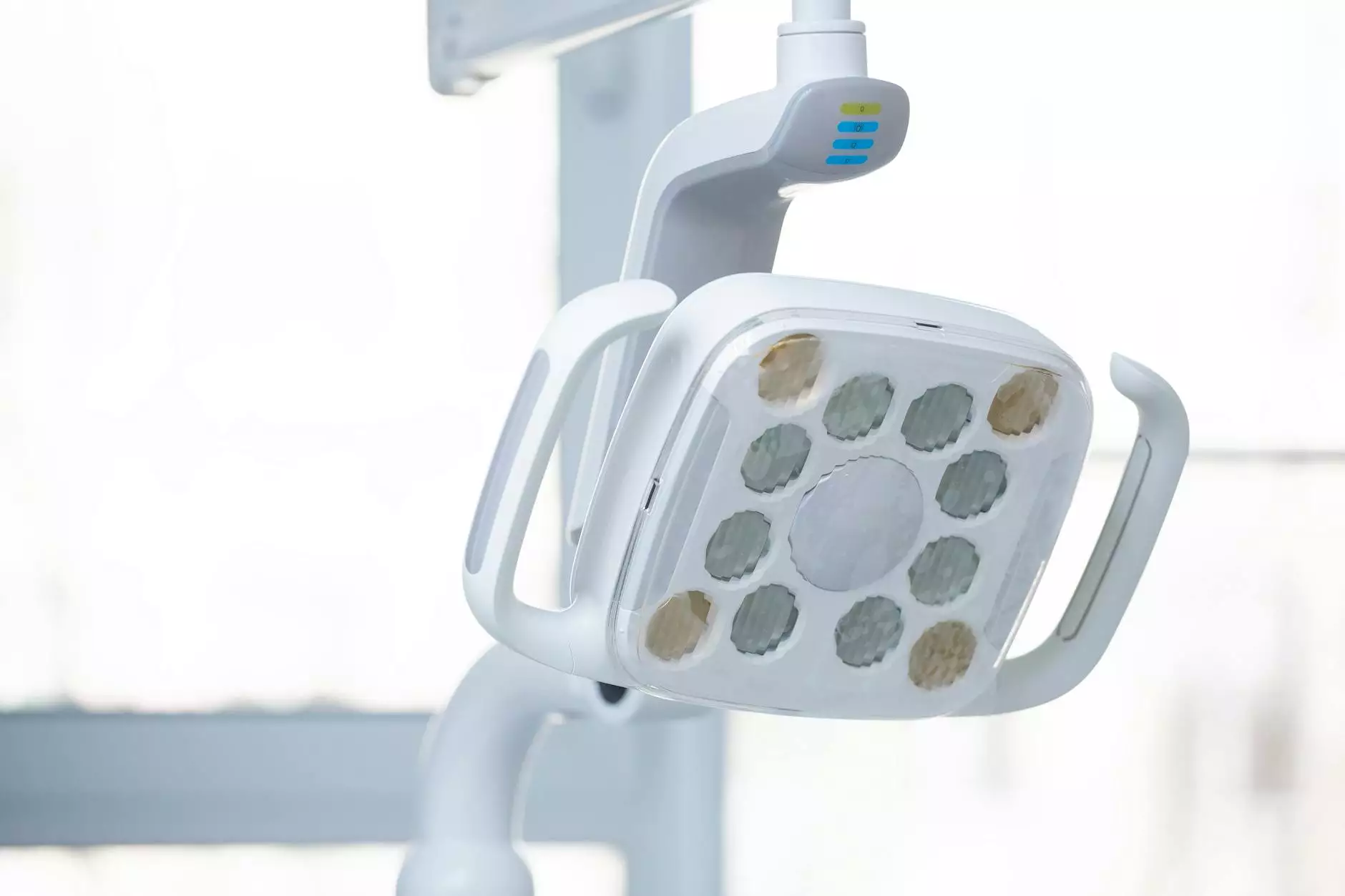Migraine Pills: Finding Relief from Pain

Migraine headaches can be debilitating and significantly affect the quality of life for those who experience them. At Gibsonmaxup.com, we understand the challenges that come with migraines and are committed to providing comprehensive information about migraine pills that can help alleviate these painful episodes. In this article, we will delve into the types of migraine pills available, how they work, their benefits and side effects, and tips for selecting the right treatment for you.
Understanding Migraines
A migraine is more than just a headache; it is a complex neurological condition that can involve a variety of symptoms, including:
- Throbbing pain on one side of the head
- Nausea or vomiting
- Sensitivity to light and sound
- Visual disturbances, such as aura
- Dizziness
Individuals suffering from migraines often experience these symptoms in periods that can last from a few hours to several days. Understanding the underlying causes and triggers is crucial for managing these painful episodes effectively.
Types of Migraine Pills
There are several categories of migraine pills, each designed to alleviate symptoms or prevent future migraine attacks. Below, we explore the primary types:
1. Acute Treatment Medications
Acute treatment medications are taken at the onset of a migraine to relieve pain and other symptoms. These include:
- Triptans: Medications like sumatriptan, rizatriptan, and naratriptan fall under this category. They work by constricting blood vessels and blocking pain pathways in the brain.
- NSAIDs: Nonsteroidal anti-inflammatory drugs such as ibuprofen or aspirin can help reduce inflammation and pain.
- Ergots: Less commonly used, ergotamine and dihydroergotamine can also be effective for some individuals.
- Gepants: A newer class of medications, gepants like ubrogepant and rimegepant, work by blocking the CGRP receptor that is involved in migraine processes.
2. Preventive Medications
For individuals who experience frequent migraines, preventive medications may be prescribed. These are taken daily to reduce the frequency and severity of attacks. Options include:
- Beta-blockers: Medications like propranolol and timolol have proven effective in reducing migraine frequency.
- Antidepressants: Certain antidepressants, such as amitriptyline, can also help prevent migraines.
- Anti-seizure medications: Medications like topiramate and valproate are often used to decrease the occurrence of migraines.
- CGRP inhibitors: Newer options such as erenumab, fremanezumab, and galcanezumab are specifically designed to prevent migraines.
How Migraine Pills Work
Understanding how migraine pills function is essential to their effective use:
- Vasoconstriction: Many migraine medications work by narrowing the blood vessels, counteracting the vasodilation that occurs during a migraine.
- Neurotransmitter Regulation: Some pills alter the levels of certain neurotransmitters, helping to stabilize mood and reduce the likelihood of migraine onset.
- Pain Pathway Blockage: Medications like triptans block pain signals from being transmitted to the brain, thus alleviating the sensation of pain.
Benefits of Migraine Pills
The use of migraine pills can offer numerous benefits, making them a vital part of a comprehensive migraine management plan. Some of these benefits include:
- Rapid Relief: Many acute treatments can alleviate symptoms within a short time frame, allowing individuals to resume their daily activities.
- Reduced Frequency: Preventive medications can lead to fewer overall migraines, providing a better quality of life.
- Improved Functionality: Effective treatment allows individuals to be more productive at work or at home, minimizing disruption caused by migraines.
- Customized Treatment: There are various options available, allowing healthcare providers to tailor the treatment to the individual’s specific needs and migraine patterns.
Side Effects of Migraine Pills
While migraine pills can be highly effective, they may also have side effects. It is vital to be aware of these potential downsides:
- Drowsiness: Some medications, particularly those that influence neurotransmitters, can cause drowsiness or fatigue.
- Nausea: Certain acute treatments may induce nausea, which can be counterproductive for migraine sufferers.
- Medication Overuse Headaches: Over-reliance on acute treatments can lead to a rebound effect, causing more headaches.
- Cardiovascular Effects: Triptans and some preventive medications may increase blood pressure or have cardiovascular implications.
Selecting the Right Migraine Pills
Choosing the right migraine pills is crucial for effective management. Here are some tips for selecting the best medication for your specific situation:
- Consult a Healthcare Professional: Always seek the advice of a healthcare provider before starting any new medication.
- Keep a Migraine Diary: Track the frequency, duration, and intensity of your migraines, including potential triggers, to provide your doctor with comprehensive information.
- Discuss Other Health Conditions: Inform your doctor about any other medical conditions and medications you are taking, as this may influence the choice of treatment.
- Evaluate Effectiveness: Once treatment has begun, keep track of whether the pills are effective in managing your symptoms — communicate this with your healthcare provider.
Natural Alternatives to Migraine Pills
While migraine pills can be effective, some individuals explore natural alternatives either in conjunction with or as a substitute for medication. Some popular options include:
- Herbal Remedies: Feverfew and butterbur are two herbs that some studies suggest can help prevent migraines.
- Aromatherapy: Lavender and peppermint oils may reduce headache symptoms when applied topically or inhaled.
- Yoga and Meditation: These practices can help alleviate stress, a common migraine trigger.
- Biofeedback: Learning to control physiological functions through feedback may help reduce the frequency and severity of migraines.
Living with Migraines
Living with migraines can be challenging, but there are strategies to manage them effectively. Consider the following:
- Develop a Routine: Establish a consistent sleeping and eating schedule to help stabilize your body’s rhythm.
- Avoid Triggers: Identify and avoid known triggers, such as certain foods, stress, or environmental factors.
- Stay Hydrated: Dehydration can trigger migraines; ensure you drink enough water throughout the day.
- Regular Exercise: Engaging in regular physical activity can improve your overall health and reduce migraine frequency.
Conclusion
Choosing the best migraine pills and understanding their use plays a pivotal role in managing migraines effectively. At Gibsonmaxup.com, we are dedicated to providing you with the resources and information you need to make informed decisions about your health. Whether it’s through conventional medications or exploring alternative treatments, relief is within reach. Always consult a healthcare provider for personalized advice and support tailored to your individual needs.
Don’t let migraines dictate your life. Take control and explore the many options available to you, starting today!









